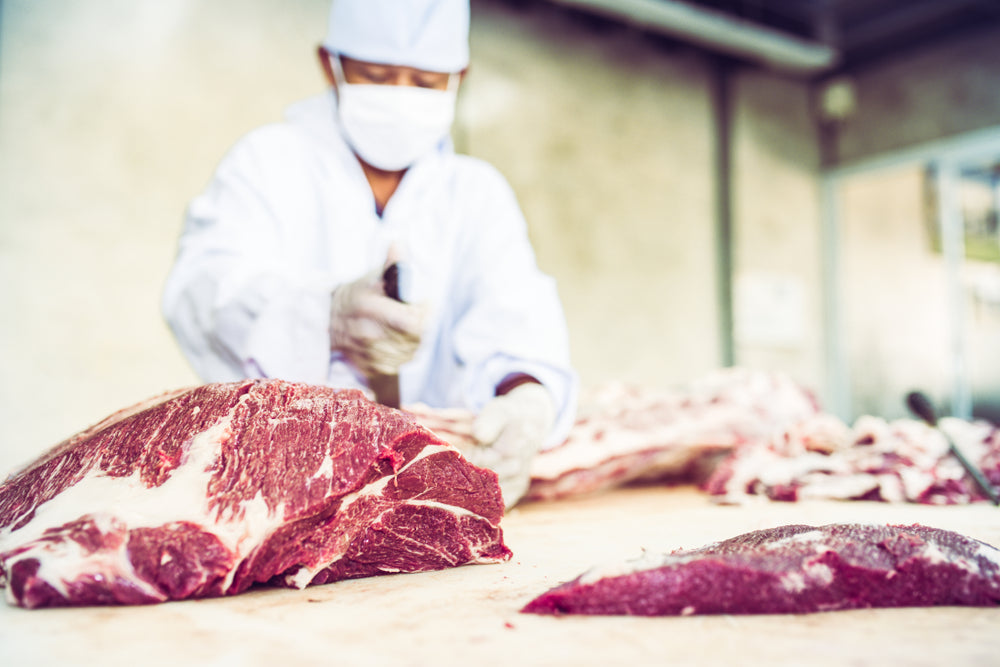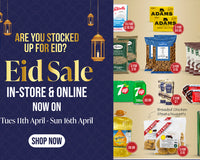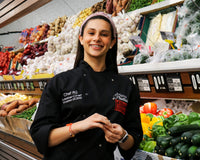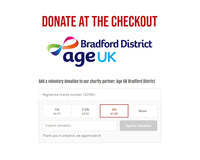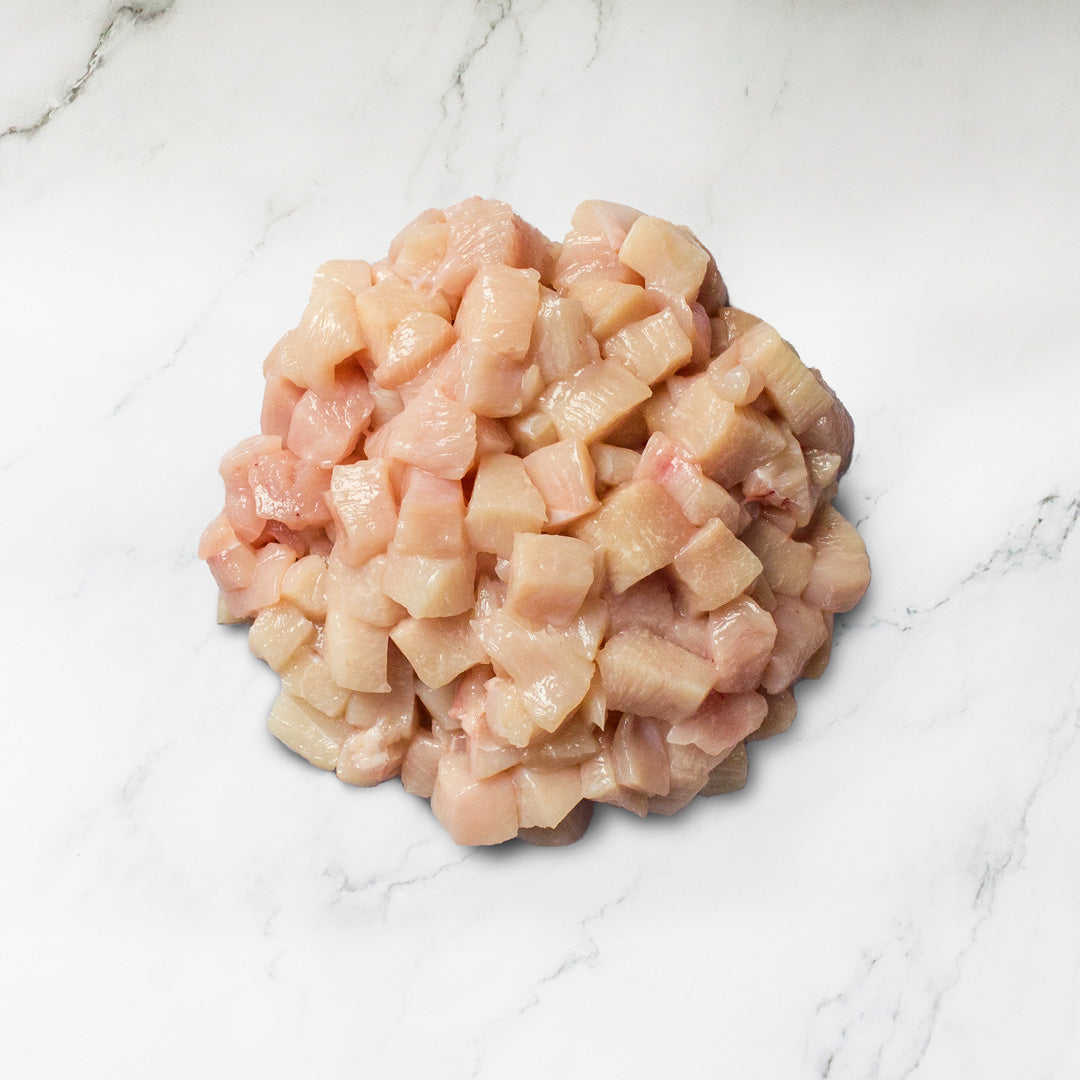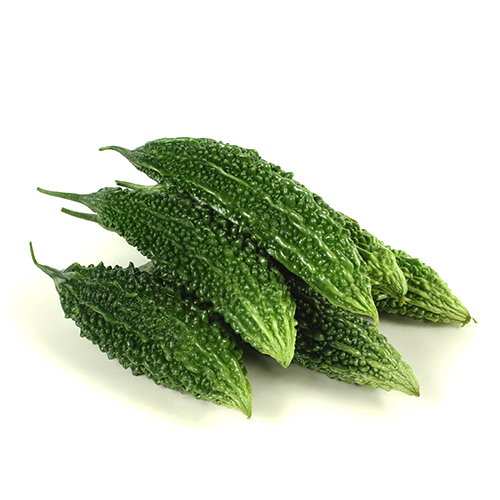Walk into any supermarket today and you will see a variety of labels on meat. Organic. Free range. Grass fed. RSPCA Assured. Each one is designed to convince shoppers that the product in front of them is more ethical than the rest. For Muslim consumers, however, one label matters most — halal.
The word halal carries deep religious meaning, but in the wider UK food market it has also become part of the ethical conversation. Some people question it, others defend it, and many simply want clarity. To decide whether halal meat can be considered more ethical, we need to explore not just how it is produced but how it fits into modern ideas of responsible food.
What Ethical Meat Means To Different People

Ethical meat is not a single definition. For some consumers, it means organic certification that proves animals were raised without unnecessary chemicals or artificial feed. For others, it is free-range living that gives animals access to fresh air and natural conditions. For many Muslims, it is halal, where faith, compassion, and mindfulness are central.
RSPCA Assured, for example, focuses on animal welfare, setting minimum requirements for space, lighting, and handling. Organic certification looks at what animals are fed and whether they are raised in sustainable systems. Free range, while not always as strictly monitored, reassures customers that animals were not confined in industrial conditions.
Halal belongs in this same space but adds a different dimension. It is not just about farming conditions but about spiritual accountability and compassion at the point of slaughter.
This variety of definitions shows why the ethics of meat are debated. A shopper who values environmental sustainability may see organic as the best option. A shopper who values religious accountability may see halal as superior. What connects these approaches is the search for responsibility, transparency, and respect for life.
Halal As A Framework Of Responsibility
Halal is not just a label on a packet of meat. It is a framework that combines religious rules with responsibility and compassion. Animals must be healthy, handled gently, and slaughtered with mindfulness. The process is rooted in respect, not indifference.
This sense of responsibility is what makes halal resonate with ethical shoppers, even beyond the Muslim community. It is about recognising that food comes from living beings and that their treatment must reflect care and dignity.
At SaveCo, this principle is reinforced by strict HMC halal certification, which ensures every supplier is independently monitored.
Why Critics Question Halal
Despite its compassionate principles, halal has faced criticism in the UK. The main debate focuses on stunning. Conventional slaughter almost always involves stunning animals first, while halal often requires that the animal be alive and healthy at the point of slaughter. Some see this difference as less humane, even though halal rules demand speed and cleanliness.
Animal welfare organisations sometimes raise concerns that without stunning, animals may feel pain in the final seconds. On the other hand, halal authorities argue that the swift cut, sharp blade, and full draining of blood make the process rapid and respectful. They also stress that halal rules prohibit cruelty or neglect in the lead-up to slaughter.
This tension illustrates a broader challenge in the ethics debate. Is ethical meat defined by technology and science, or by tradition and mindfulness? For many Muslims, the answer is clear: responsibility guided by faith is a higher ethical standard. For some non-Muslims, scientific welfare practices like stunning are considered essential.
By sourcing only HMC-approved meat, SaveCo removes the uncertainty. Customers know exactly which ethical framework is being followed.
Halal Compared With Other Ethical Standards
Organic and free-range meat are often used as benchmarks for ethical farming. They focus on the animal’s quality of life before slaughter. Halal, by contrast, places emphasis on dignity and compassion at the moment of death.
This difference does not make one better than the other. In fact, many shoppers now seek both, choosing halal meat that is also organic or free range. It combines the welfare benefits of farming practices with the spiritual and hygienic assurances of halal.
A family in London, for example, may choose free-range halal chicken for its combination of higher living standards and religious compliance. Another customer might opt for halal wagyu, not just for its premium quality but also because it carries certification that builds trust. SaveCo supports these choices by offering carefully sourced products that meet both traditional and modern expectations.
For clarity on standards, SaveCo explains the differences in halal vs HMC halal.
The Consumer Shift Toward Ethical Shopping
In the UK, the demand for ethical food is growing rapidly. Younger shoppers in particular are more likely to ask questions about where their meat comes from and how it was prepared. This generation is also more likely to align ethical food choices with lifestyle values, linking halal, organic, or sustainable food with identity and personal responsibility.
For Muslim families, halal has always been non-negotiable. But for younger halal-conscious consumers, there is now an added desire for transparency and quality. For non-Muslim ethical shoppers, halal is increasingly recognised as a system that emphasises compassion and cleanliness, even if it is rooted in religious practice.
SaveCo bridges both worlds by providing halal meat that is religiously correct and transparently sourced. Customers can easily review shipping options, explore the FAQs, or contact the team for reassurance before they buy.
Certification As Proof Of Ethics
One of the challenges of ethical meat is trust. Labels can be confusing, and not all suppliers explain their processes clearly. That is why certification matters so much.
The Halal Monitoring Committee (HMC) is recognised as the strictest halal certification body in the UK. Inspectors monitor slaughterhouses in person, ensuring animals are treated properly and that no shortcuts are taken. For SaveCo, HMC certification is not optional but essential. It is the guarantee that halal is carried out with integrity.
Certification also creates confidence among non-Muslim shoppers who may be curious about halal but want reassurance that it meets modern welfare expectations. By presenting transparent standards, halal becomes part of the wider ethical food landscape, not separate from it.
Customers who want to see transparency in action can explore SaveCo’s guide on finding the best halal delivery services in your area.
How SaveCo Aligns Faith And Ethics
SaveCo customers trust the brand not just because of its certification, but because of its transparency. Unlike supermarkets that provide little explanation, SaveCo shares educational resources and recipes to help customers feel confident about their food choices.
-
Guides like how to cook halal wagyu steak show how quality meets halal integrity
-
Blogs such as hear the rooster halal chicken is here highlight product sourcing and freshness
-
Recipes like how to get the best halal steak at home give practical value alongside ethical reassurance
This combination of information, convenience, and certification makes SaveCo a unique presence in the UK halal market.
The Bigger Picture Of Halal Ethics
Ethical food is not just a UK trend. Globally, the halal market is one of the fastest growing in the world. Countries across Europe, Asia, and the Middle East are setting stricter standards for halal certification, not only for religious reasons but also to align with consumer demands for ethical and sustainable practices.
In this bigger picture, UK halal is part of an international movement that blends tradition with modern ethics. Halal-certified products are seen as cleaner, safer, and more responsible. This reputation has made halal appealing not only to Muslim communities but also to a wider group of consumers looking for food with integrity.
SaveCo’s role in this market is to make these global standards accessible at a local level. By delivering HMC-certified halal meat across the UK, SaveCo connects British consumers with a global ethical food movement.
A Final Thought On Halal And Ethics
 So, is halal meat more ethical? The answer depends on how you define ethics. If ethics means reducing suffering through modern technology, conventional stunning may seem superior. If ethics means compassion, responsibility, and mindfulness at every step, halal clearly offers a strong case.
So, is halal meat more ethical? The answer depends on how you define ethics. If ethics means reducing suffering through modern technology, conventional stunning may seem superior. If ethics means compassion, responsibility, and mindfulness at every step, halal clearly offers a strong case.
For SaveCo customers, the decision is easier. With HMC-certified halal meat delivered across the UK, they can enjoy food that is both religiously correct and aligned with modern expectations of transparency and responsibility.
Order halal meat delivery with SaveCo and experience food that balances tradition with today’s demand for ethical choices.




